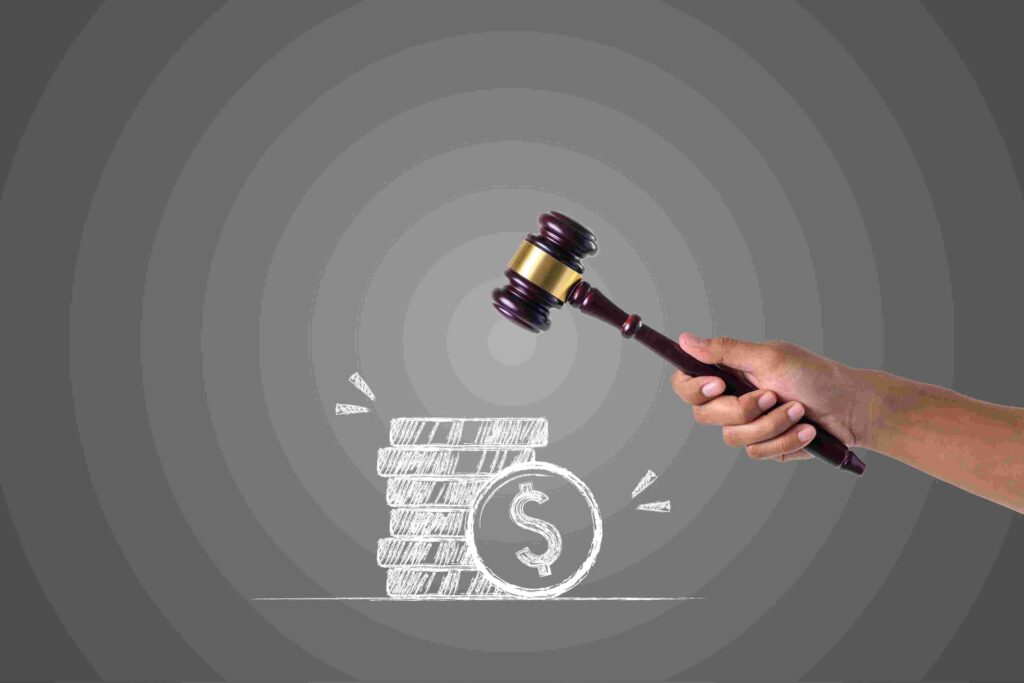In a continuation of our series on filing for bankruptcy, we’ll be taking a look at Chapter 7 bankruptcy. While there are multiple forms of bankruptcy filings, the two most common are Chapter 7 and Chapter 13. Don’t forget to check back next week for the rundown on the latter.
Chapter 7 bankruptcy is by far the most common form of bankruptcy. It allows you to keep the property that you require to continue to live, while eliminating most debt that comes from credit cards, personal loans, and medical bills.
Qualifying for Chapter 7 bankruptcy is relatively simple. If your average income over the span of 6 months is less than your state’s median income, you automatically qualify. For example, the median income for Minneapolis is $63,488. If you make less than $10,500 a month, you’re set. If your income exceeds the cutoff, there are certain deductions available that can reduce your average.
Once you’ve been approved for filing, you’ll be asked to provide proof of all assets. This will allow property exemptions to be made. Anything that is required for you to continue living and working is safe, including a vehicle, bedding, your home, and homewares such as appliances. Rental properties, art, and recreational vehicles are all liable to be sold to help pay off your debt.
When assets have been organized, relief will come quickly. One of the first steps that the court takes is filing a stay on all debt collection activity. No more unwanted phone calls from collectors seeking recompense. In about a month’s time, you’ll be asked to present the court with a series of documents that includes your taxes, your pay stubs, and your mortgage statements (among other things). You’ll sign off stating that everything in your bankruptcy petition is true.
Within 60 days of signing off, your debt will be discharged if no assets were sold in the process. Those who are dealing with asset division may find that the discharge is delayed by hard-to-sell property or property disputes.
There are many questions that those considering bankruptcy may still have about the process. If you’re thinking about filing, give Landwehr Law Offices a call. We can guide you through the Chapter 7 bankruptcy process on your journey to becoming debt free.

